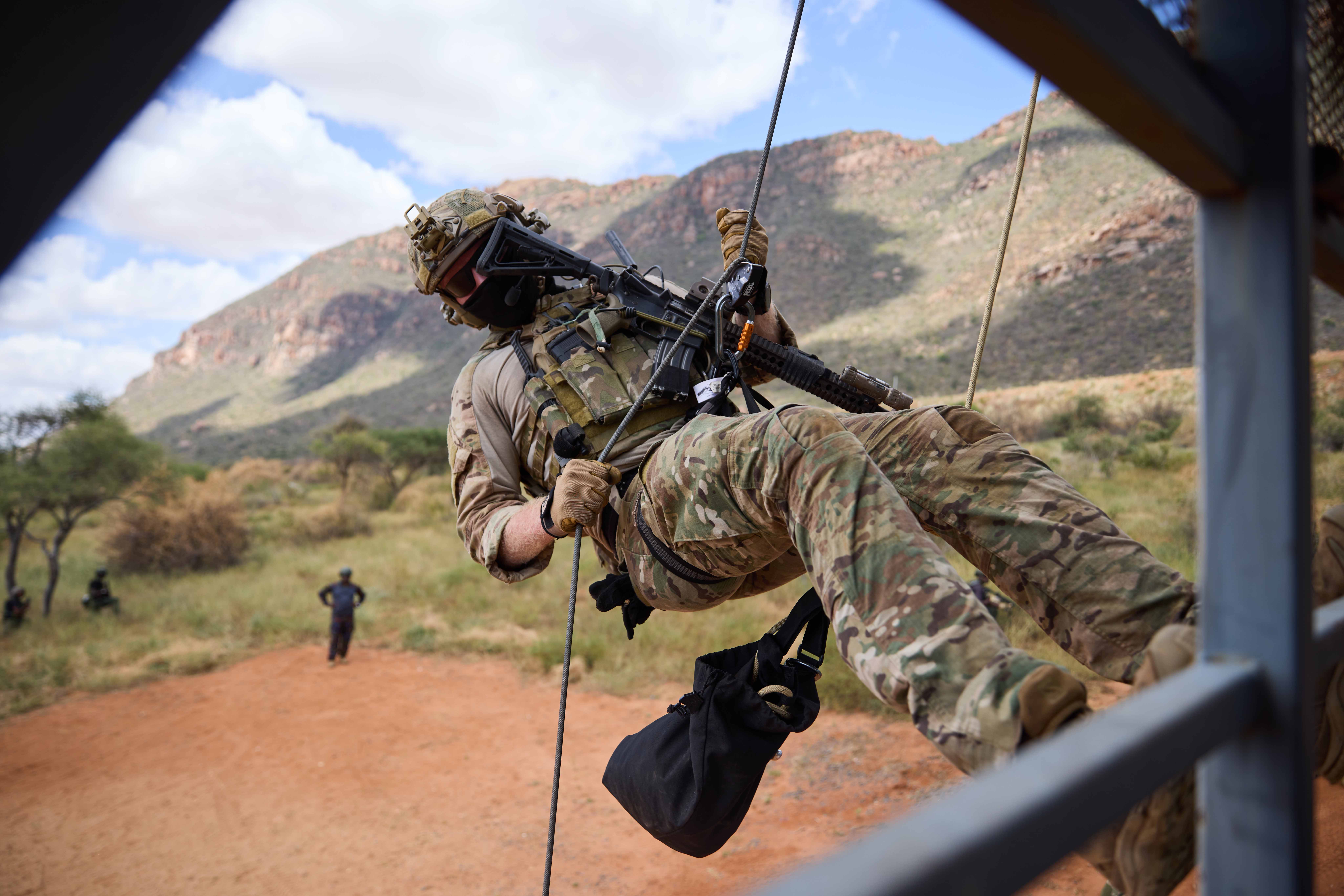U.S. Special Operations Command’s senior enlisted leader, Army Command Sgt. Maj. Shane W. Shorter, emphasizes the critical role of special operations forces in addressing contemporary security challenges. Speaking ahead of SOCOM Commander Army Gen. Bryan Fenton’s testimony to the House Armed Services Committee, Shorter outlined the evolving mission of special operations in the context of the National Defense Strategy.
Special operations forces, known for their agility, adaptability, and innovation, are expanding their operational focus beyond counterterrorism to address great power competition, particularly against China and Russia. Shorter clarified that special operations’ involvement in global strategic contests is deeply rooted in their history, dating back to World War II and the Cold War.
In recent years, SOCOM has played a significant role in strengthening military capabilities and fostering deterrence in the Indo-Pacific region, while also contributing to the training of Ukrainian military forces long before the recent conflict with Russia. These efforts underscore the enduring value of partnerships and human relationships in achieving strategic objectives.
Shorter emphasized the importance of technological integration in enhancing the effectiveness of special operations forces. While acknowledging the indispensable role of technology, he maintained that the human element remains paramount in special operations’ success. The future of special operations lies in the synergy between human capabilities and technological advancements, ensuring that operators are not only proficient in traditional skills but also adept at leveraging new technologies.
The special operations community is also adapting its counterterrorism strategies to the modern threat landscape, incorporating advanced technologies to maintain a global reach. Collaboration with conventional forces, interagency partners, and international counterterrorism units is essential for modernizing counterterrorism efforts.
As special operations forces navigate the complexities of great power competition and counterterrorism, their adaptability, innovation, and commitment to partnerships continue to be their greatest strengths. SOCOM’s ongoing efforts to integrate new technologies and processes, while preserving the human dimension of special operations, are central to its strategy for confronting future challenges.
Expanded Coverage:






